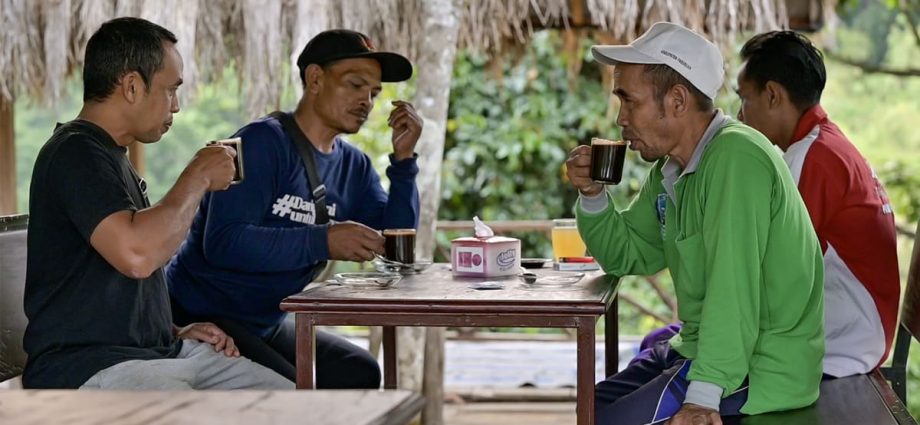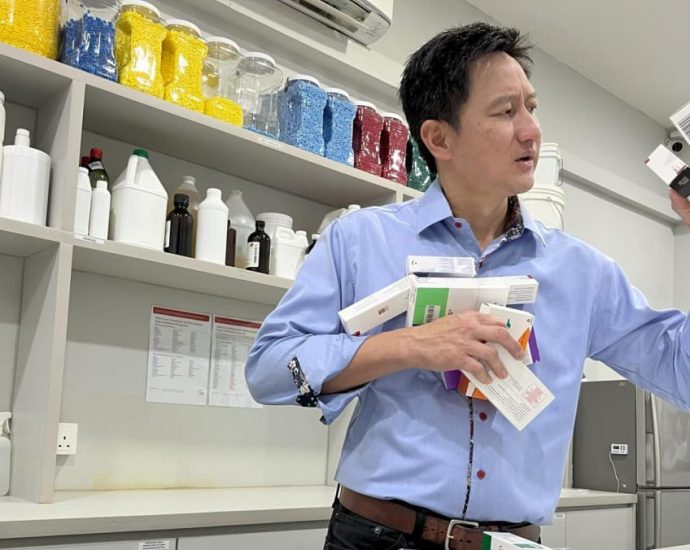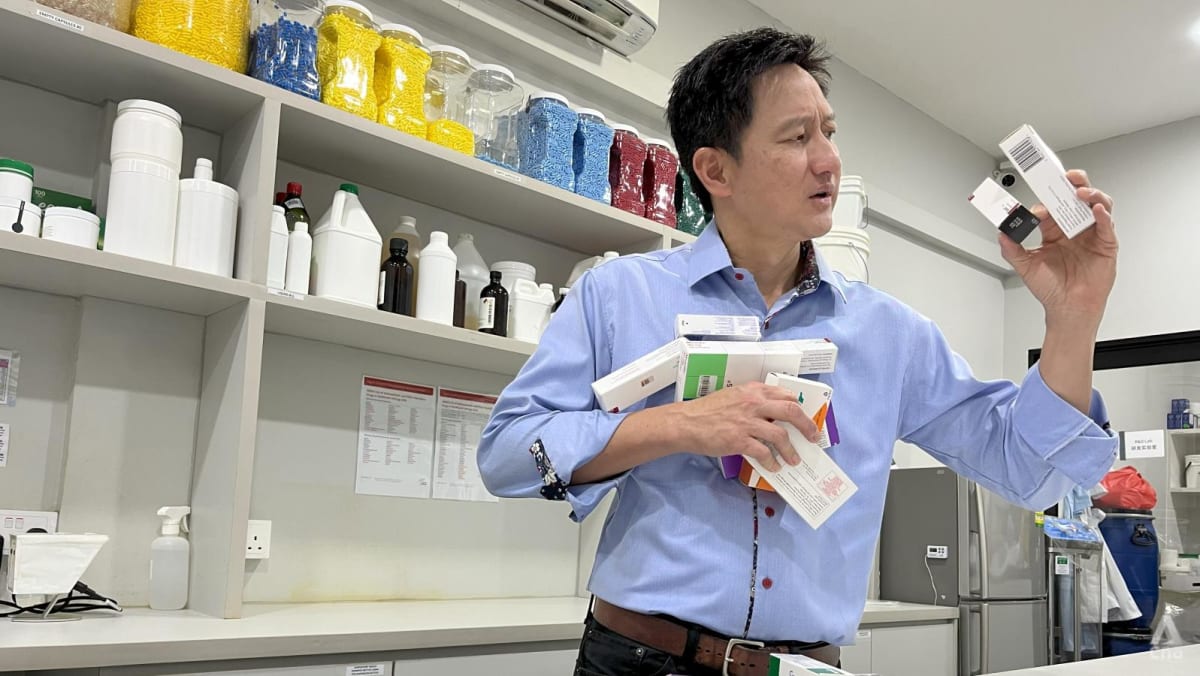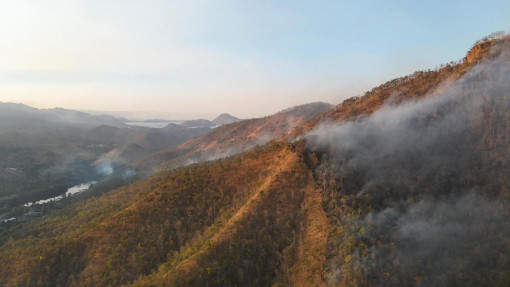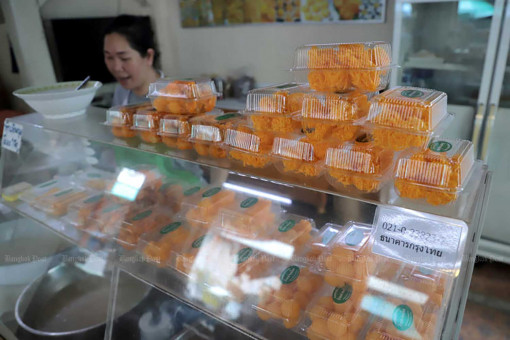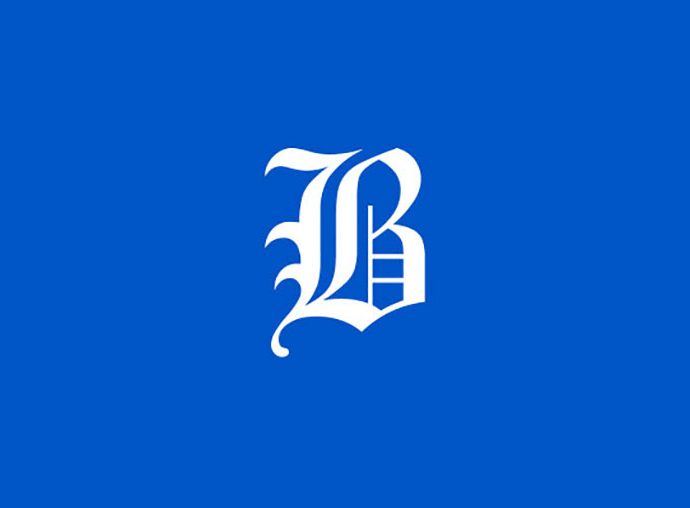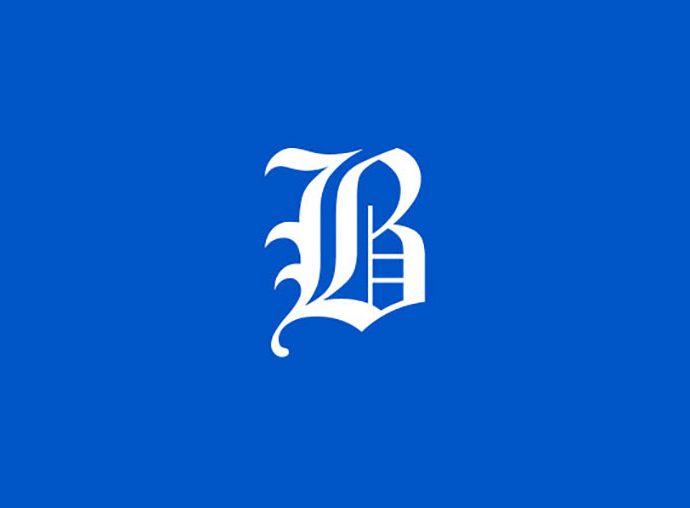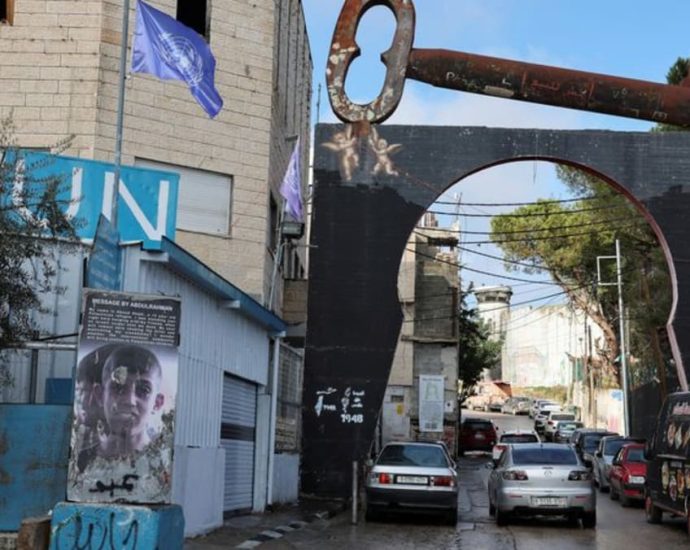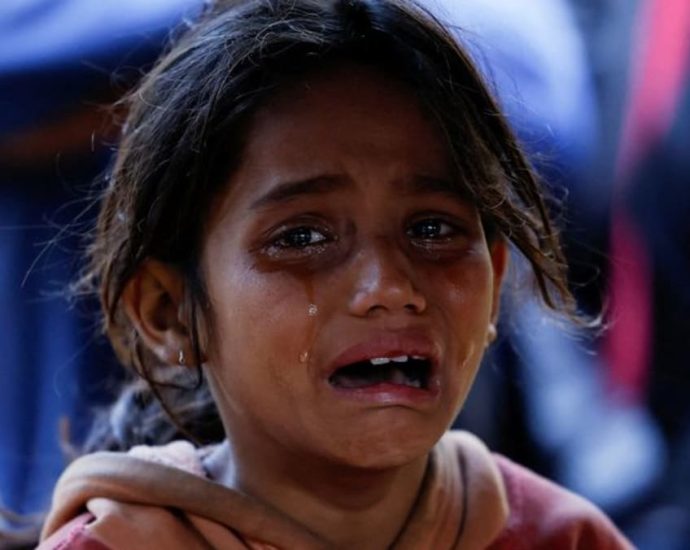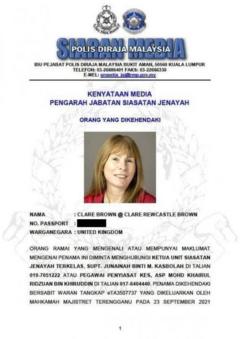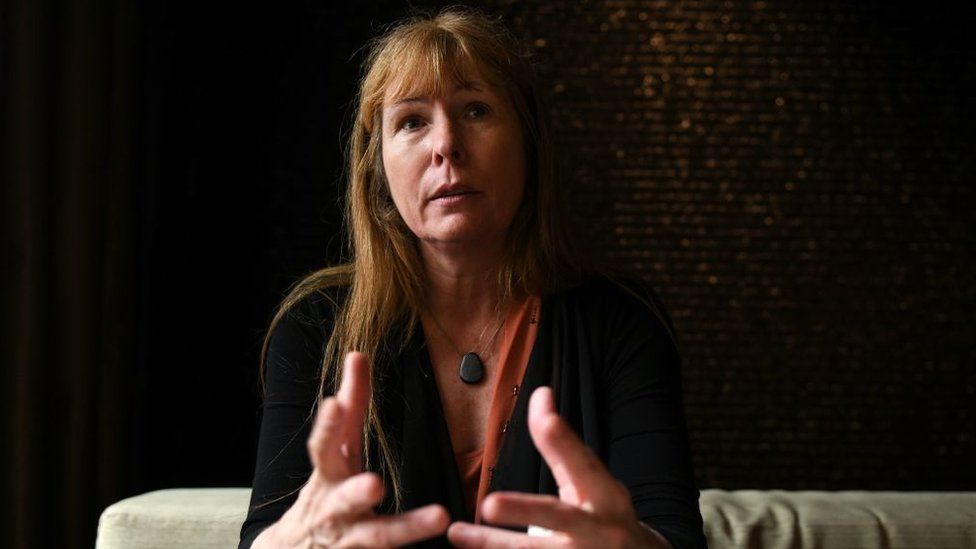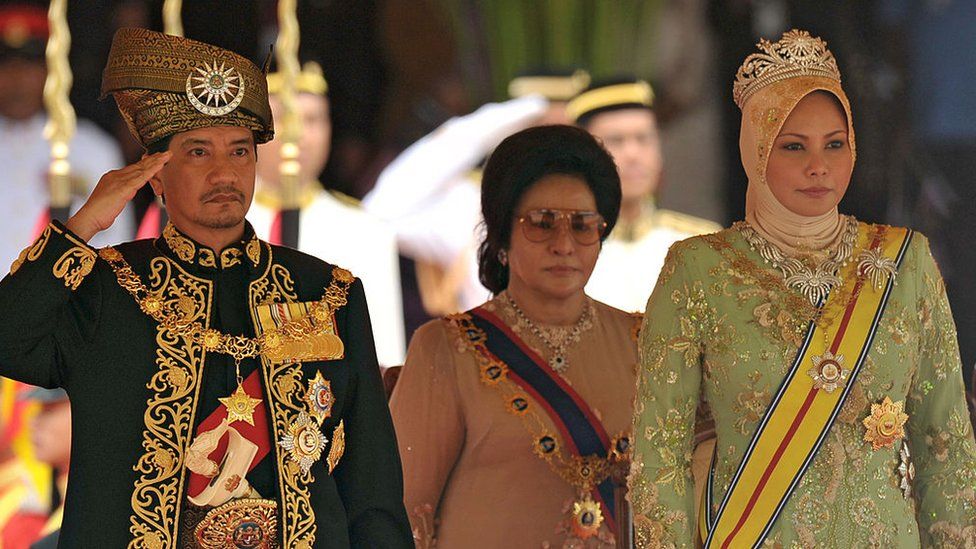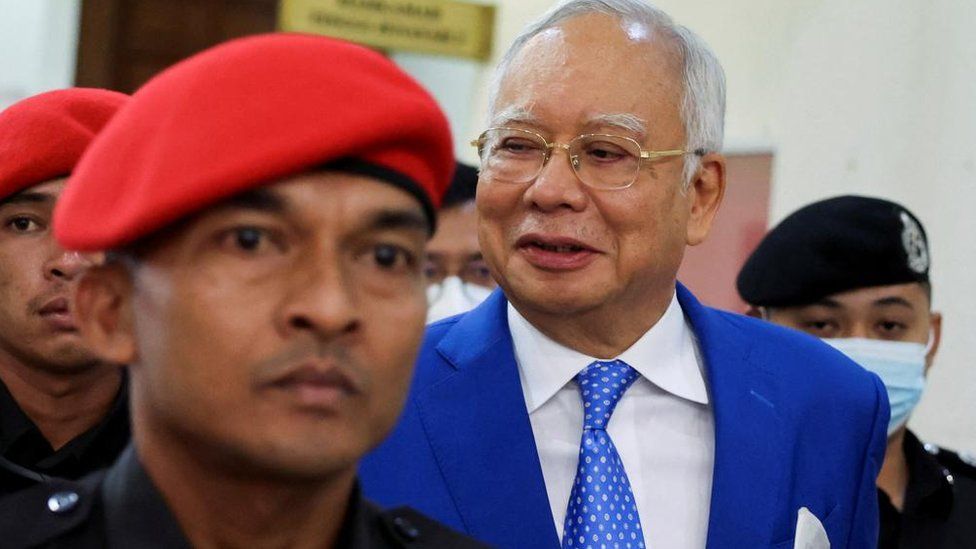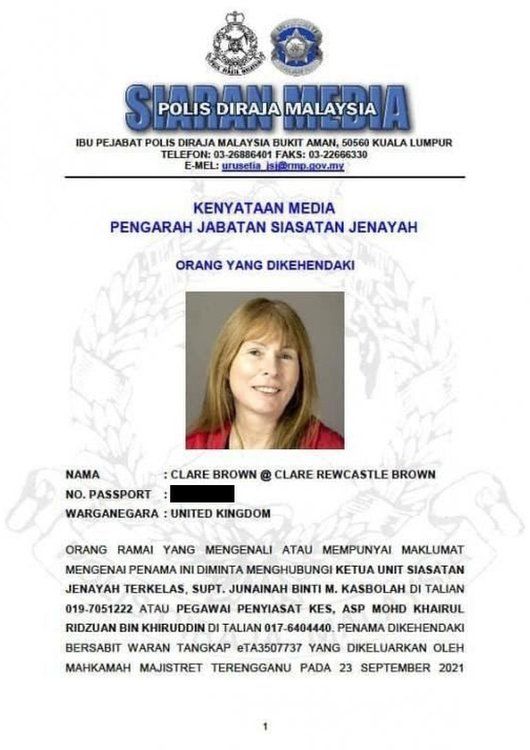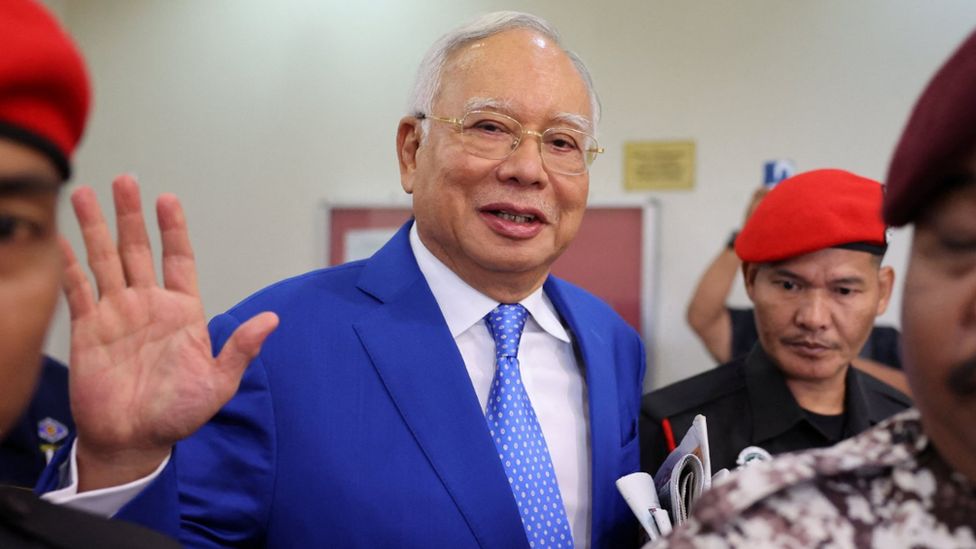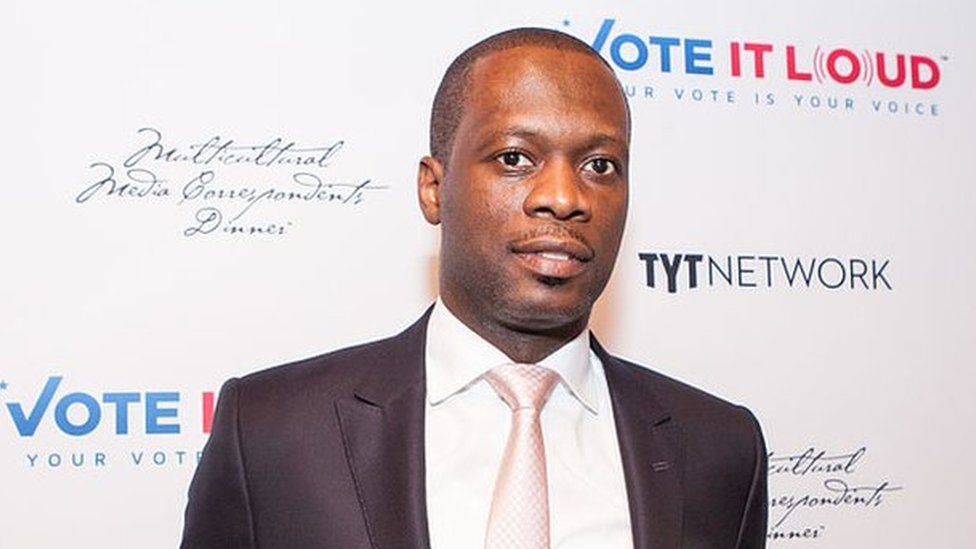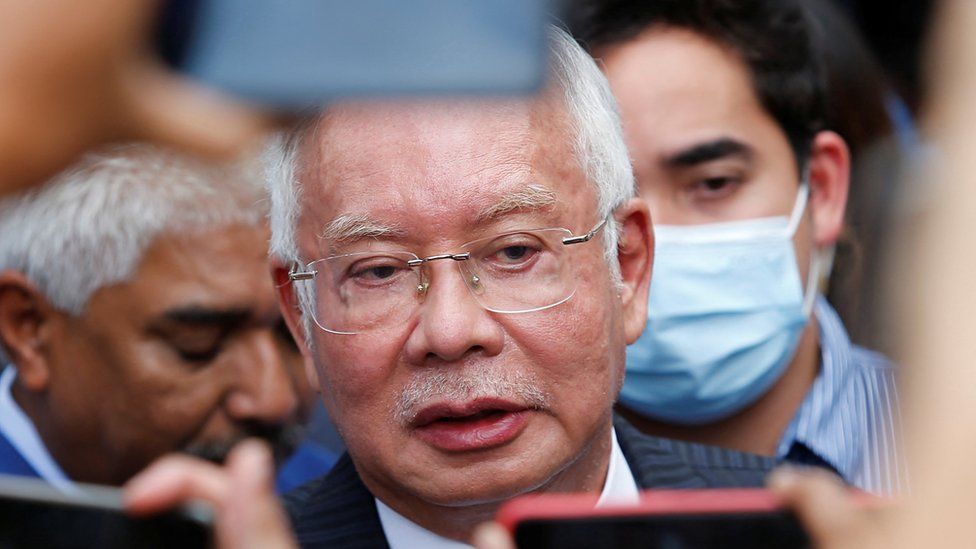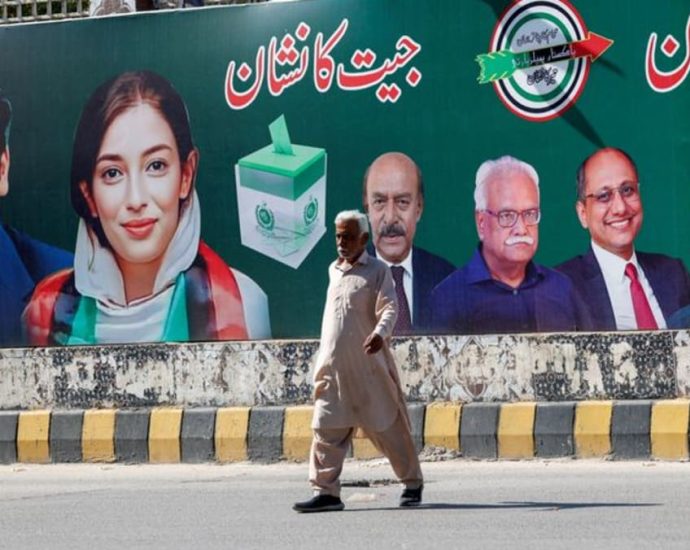Indonesia Elections 2024: Why the country sees more smokers, coffee drinkers when itâs election season
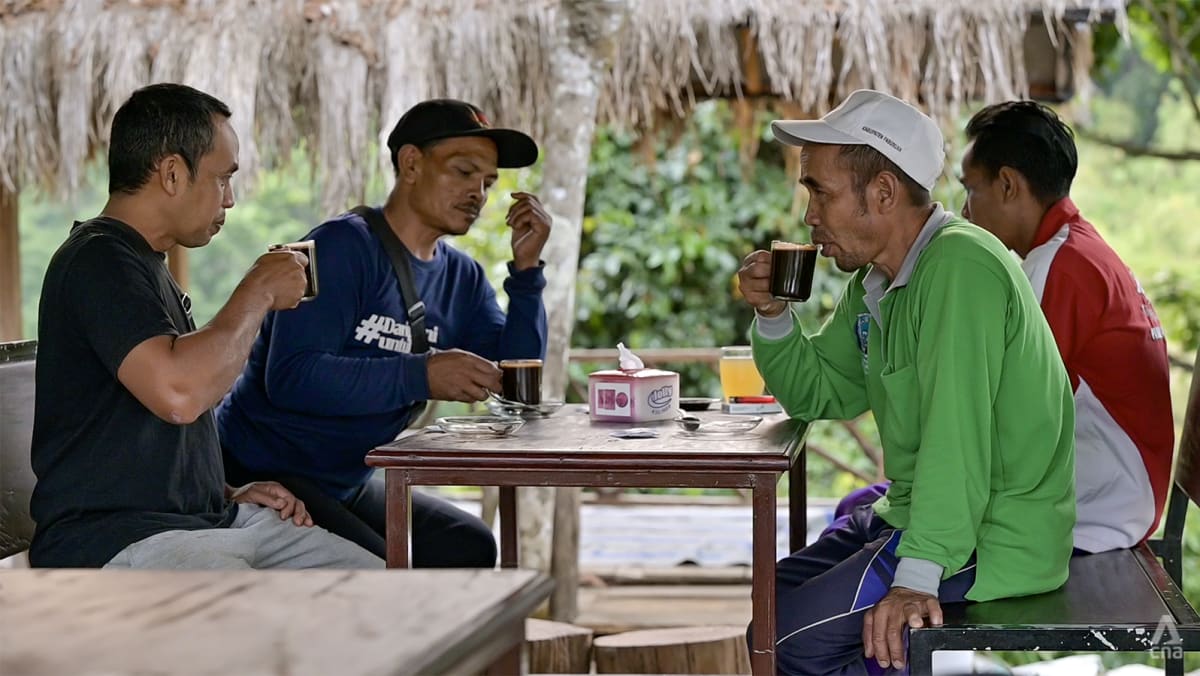
BUSINESSES RAMPING UP PRODUCTION
Mdm Rosalina, the owner of cigarette company Mustika Tembakau Indonesia, said that during previous elections, demand for her products increased by 30 per cent.
However, she stated it is not always easy to meet the demand.
“We may have problems obtaining the material, such as getting enough tobacco, which hampers our production,” she said.
This time, she has tried to preempt it by securing as much tobacco as possible before campaigning started in November.
Deputy Health Minister Dante Saksono said in June last year that the number of Indonesian smokers has been on the rise.
Indonesia has the third highest number of smokers worldwide after China and India, with about 112 million smokers, according to government data.
“We are in third place, maybe because we are also a tobacco-producing country,” said Mr Dante last June.
The government has tried for years to dissuade people from smoking as it has negative health consequences, such as the risk of contracting tuberculosis or cancer.
But it has been a double-edged sword as the country gets about 10 per cent of its state revenue from the tobacco products industry.
Mdm Rosalina believes that smokers should know the health consequences as they are stated on the cigarette packs.
“The consequences are on the package. So that is already a reminder – it all depends on the consumer whether they want to consume (the cigarette) or not.
“Cigarettes greatly contribute to the country’s income,” she added.
East Java province is the main producer of cigarettes in Indonesia.
Mdm Sulami Bahar, the head of East Java’s cigarette entrepreneur (Gapero) association, said that legislative candidates even make special requests to small-scale cigarette factories during elections.
“They want us to create cigarette packs with their pictures on them to distribute to potential voters.”
As a cigarette producer herself, she has also received such requests this time.

